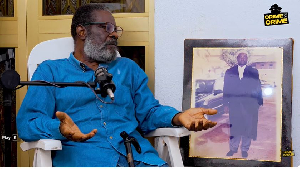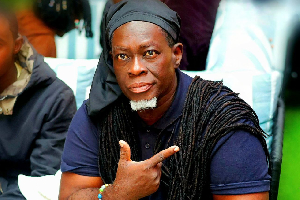Washington, March 27 (Bloomberg) -- Ghana Telecommunications Co. Ltd., the West African nation's state-controlled telephone company, will borrow $100 million from the World Bank's private sector arm to upgrade and expand its network, the bank said.
The agreement, made final Friday after months of delay, will be the largest single telecommunications loan to sub-Saharan Africa outside of South Africa.
And the public lender will syndicate $60 million of the loan to Citibank NA, Standard Chartered Bank and Barclays Bank, making it the largest recent private loan to Africa, a World Bank official said.
``This is a rare vote of confidence by syndicated lenders in sub-Saharan Africa,'' said Kent Lupberger, who arranged the loan at the World Bank's International Finance Corp, the private sector arm. ``And this will give the company much-needed access to foreign exchange.''
There are only seven telephones for every 1,000 Ghanaians, according to the bank.
The main phone provider in Ghana, Ghana Telecom, is owned jointly by the government, with a 70 percent share, and Telekom Malaysia Bhd., Southeast Asia's No. 2 telecommunications company by sales.
Ghana Telecom's competitors have complained that the incumbent provider has been slow to connect their cellular phone calls to the rest of the network. One reason for that is that the company doesn't have the access to foreign exchange to buy new technology, said Lupberger.
As prices for gold and cocoa, Ghana's largest exports, have fallen and oil prices touched decade highs last year, Ghana has been short of foreign exchange to pay for improvements, he said.
Still, Lupberger acknowledged that the country, which from 1993 to 1997 implemented one of the world's most ambitious telecommunications reform programs, also needs to improve the functioning of the independent regulator. It has five independent cellular telephone companies and three fixed-line licenses.
``Regulatory capacity was not strengthened before introducing competition, however, and there are worrying indications of poor performance by the regulator,'' the bank said in a recent report. ``Developing regulatory capacity is now Ghana's priority.''
The World Bank is ready to help Ghana's new government, which took office at the beginning of the year, improve the regulator, Lupberger said. The bank is also pushing Ghana to sell more of its stake in Ghana Telecom, perhaps ceding majority control.
Business News of Tuesday, 27 March 2001
Source: Bloomberg News












